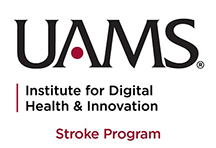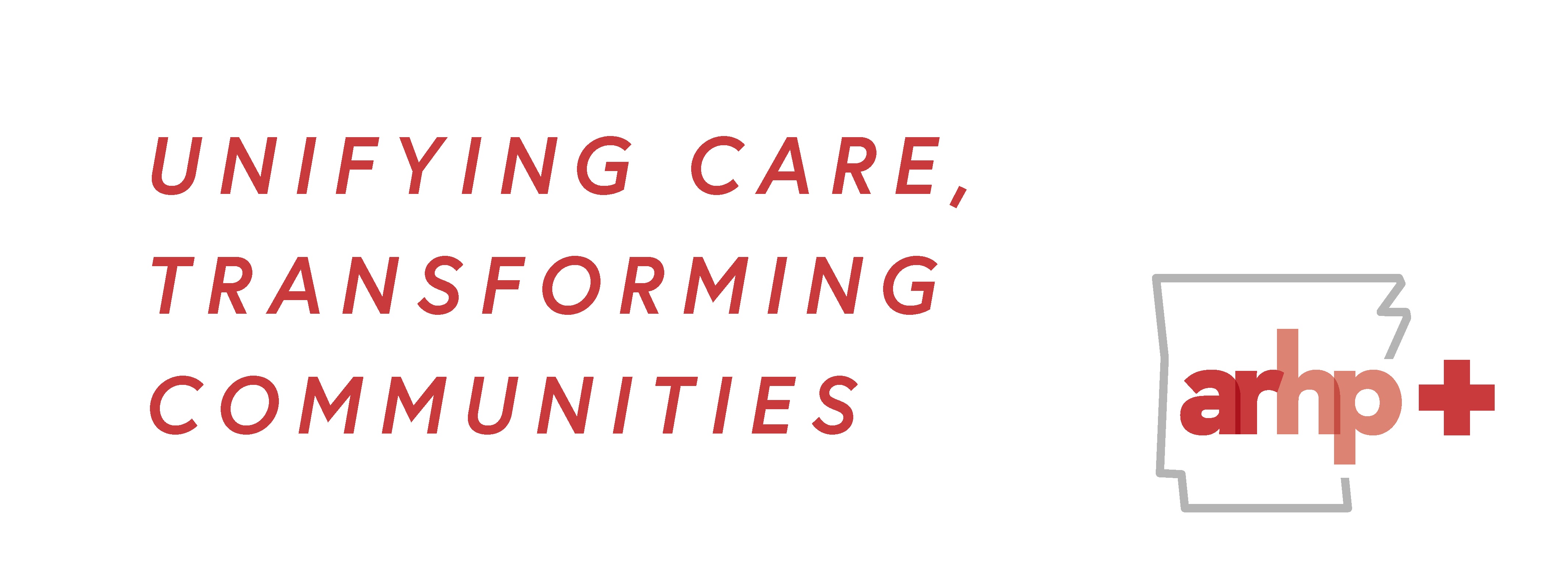
UAMS IDHI Stroke Program Logo
UAMS IDHI Stroke Program
Stroke in Arkansas
According to the Centers for Disease Control and Prevention Arkansas ranks among the highest percentage of states in the nation for stroke mortality. Arkansas has a shortage of neurologists similar to that of other states throughout the U.S. Due to this shortage, rural hospitals are less able to diagnose and treat acute stroke patients. In light of these alarming statistics, the UAMS Institute for Digital Health & Innovation (IDHI), in cooperation with the Department of Human Services, has implemented a telehealth program designed to save Arkansans from imminent stroke-related neurological damage and possible death through statewide collaboration between remote neurologists and the state’s most affected rural hospitals. With the continued increase in health care costs and disability that accompanies stroke, the IDHI Stroke Program is designed to provide the needed intervention to affect both cost and quality of life.UAMS Institute for Digital Health and Innovation
The Institute for Digital Health & Innovation (IDHI) is an innovative Center within the College of Medicine that allows UAMS to respond to the demands for dynamic, contemporary health care. The IDHI is not only the logical integration of clinical and educational telehealth services at UAMS, but also an organized research and outreach network. The IDHI promotes the University’s mission by supporting utilization of UAMS’ expertise to effectively reduce disparities in health care in Arkansas, while supporting groundbreaking research and cutting-edge programs.Tele-Stroke
Currently, Arkansas’ rural hospitals, without the support of a neurologist, often forgo administration of thrombolytics as they lack the staff resources to accurately identify and manage thrombolysis candidates. Further, the window of time needed to effectively administer thrombolytic is often lost when stroke patients are transported to a higher level of care. As such, Arkansas’ stroke patients are missing out on a quality-of-life-saving drug that significantly improves the chances of recovery while reducing permanent, stroke-related disability and, quite possibly, mortality. The IDHI Stroke Program has implemented a stroke management system of care specifically targeting these shortcomings by engineering a coordinated assessment, care-based plan and increasing access to subspecialty expertise through telehealth technology.Institute for Digital Health & Innovation Stroke Program
IDHI presents an innovative solution to a complex, statewide problem. The IDHI Stroke Program began November 1, 2008, and has grown to over 60 partnering sites throughout Arkansas. Vascular neurologists share call to provide 24/7 consult coverage, and the program has a dedicated 24/7 call center to facilitate consults. Each of these partnering sites is equipped with telehealth technology, provides training for personnel, supports a dedicated tele-stroke coordinator (nurse facilitator), and provides ongoing continuing education. Through the IDHI Stroke Program, over 5,000 patients have now been treated with thrombolytic therapy.Know the Sudden Signs of Stroke and BE FAST!
One or more of the symptoms listed may occur. Do not ignore any of these symptoms, even if they go away – take action immediately. The symptoms of stroke may mimic other medical conditions or problems. Do not drive yourself, call 911.
Balance
Is there a sudden loss of balance?
Eyesight
Is there a change in vision in one eye or both eyes?
Face
Does their face look uneven?
Arms
Does one arm drift down?
Speech
Does their speech sound strange?
Time
Time is BRAIN! Call 911.



